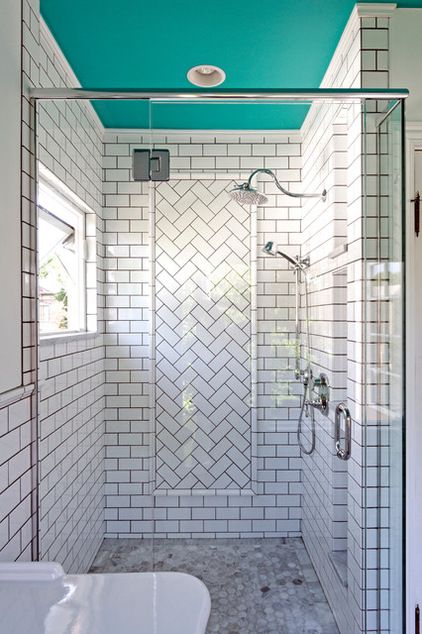How To Herringbone Tile Wall

Continue laying full tiles until you need to cut some more tiles.
How to herringbone tile wall. Use finishing nails that won t show after you apply them with a nail gun. How to lay herringbone pattern tile. Then put the second tile in place putting spacers in between them. The first step in laying a herringbone pattern is to find the center point of the wall.
Herringbone tile installation with layout cutting and installation advice so you can diy your next tile install project and get professional results. As expected ours were 45 degree cuts. We are working with a white herringbone mosaic ceramic wall ti. Line up the corner of the first tile with the halfway mark and stick the tile to the wall.
To make sure the tiles are bedded in give them a push and slight wiggle to help the mastic stick. The key to tiling it is to make sure the start is absolutely perfectly flat and then the first rows of tiles have to be fitted with exactly the same spaces every gap between every tile has to be 3 mm because if its not then as the tile design progresses the gaps will get either bigger or smaller depending on the error and if that s not picked up quickly the tiles will have to be taken off and start again fortunately that didn t happen here which i guess. Watch our step by step video showing how to tile a herringbone effect wall with expert advice and top tips to help you complete the job with confidence. Start by holding a piece in position with the bottom point edge against the edge wall in this case.
After each vertical row you can continue the process again working outward until the entire room is complete. Layer each herringbone plank one by one from the top of the wall to the bottom. Place another board or a level or some other straight edge against the first piece of wood and use it to draw a line along the first board. Place the third tile in place with spacers between the other tiles.
Quick video on how to cut and install herringbone sheet ceramic tile for a kitchen backsplash. This gives you your angle. Measure the length of the wall and mark the halfway point.














































